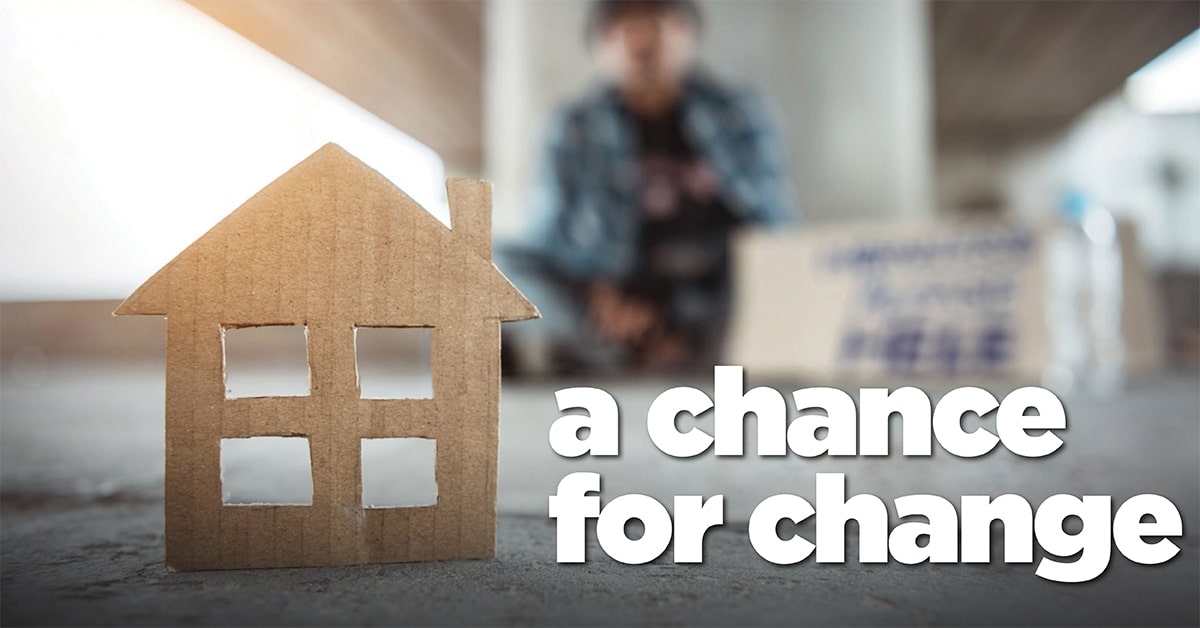A Chance for Change
No Boundaries Transitional Housing…
This month, Enjoy reached out to No Boundaries Transitional Housing Director/Founder Christine Cage to find out a bit more about this organization.
Enjoy: How did you get involved with No Boundaries Transitional Housing?
Christine: I founded No Boundaries Transitional Housing in 2017 because I wanted to leave a different legacy behind for my children. I wanted my children to dedicate their life to helping others, so I chose to lead by example.
Enjoy: What is the mission of No Boundaries Transitional Housing?
Christine: No Boundaries Transitional Housing is committed to inspiring lifelong changes in individuals and communities that strengthen our society for a better tomorrow, today.
Enjoy: What services and support does the organization offer to its residents?
Christine: We offer case management, housing navigation, community referrals, supportive permanent housing, peer support, integration back into society and permanent housing. We provide food, clothing and hygiene items.
Enjoy: How do individuals qualify for transitional housing with your organization?
Christine: Be unsheltered, formally incarcerated or a veteran.
Enjoy: What are the typical challenges faced by the residents, and how does your program address these challenges?
Christine: Each individual has their own barriers, and we work with them on a case-by-case basis. From addiction to mental health to acclimating back into society, each participant is met where they are and assisted from there to move forward in a positive direction.
Enjoy: How long can residents stay in the transitional housing program?
Christine: Our program is six months and our end goal is to place each participant into permanent housing when leaving our program. An individual moves on when all barriers have been addressed and they are stable to live independently, or alternative arrangements have been made.
Enjoy: Who are your partners?
Christine: We partner with Good News Rescue Mission, Redding Crisis Intervention Response Team, law enforcement, the public defender and district attorney’s offices, and city and tribal governments. We collaborate with Shasta County Mental Health, local hospitals, inpatient treatment facilities and school districts. We collaborate with the Hope Van, Hill Country and more.
Enjoy: What are the main sources of financial support?
Christine: We have a contract with City of Redding for 40 beds for individuals who have lived in encampments, and we have a grant for our diversion program through Partnership Health Care.
Enjoy: What are your future plans?
Christine: We have seven independent housing units for permanent housing and we are implementing four more affordable housing units.




